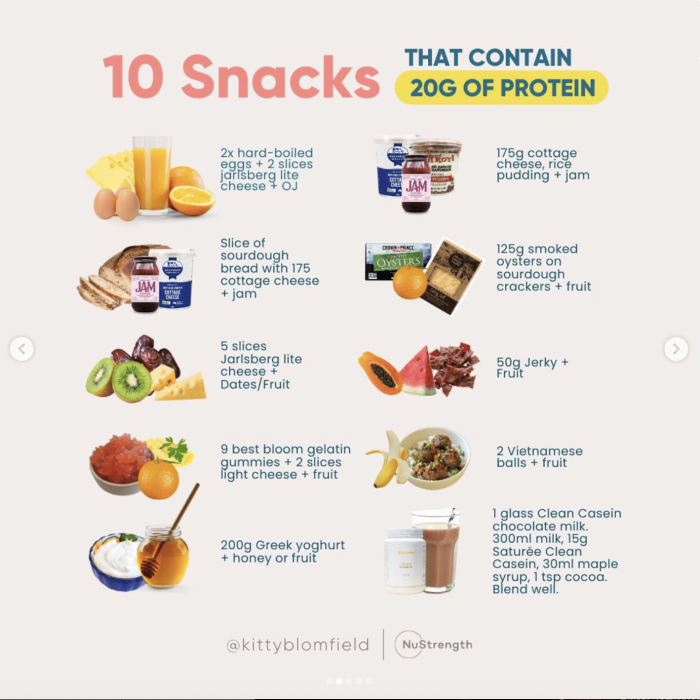If you’re on a journey to better health, understanding your Basal Metabolic Rate (BMR) and Total Daily Energy Expenditure (TDEE) is key. These metrics reveal how many calories you need daily to maintain, lose, or gain weight, and they help you tailor your nutrition and activity levels for sustainable results. Let’s dive into BMR, how it’s calculated, and the factors that impact it. Plus, we’ll look at the overall components of TDEE, a term you’ll see often in fitness and nutrition plans.

BMR is the amount of energy, or calories, your body needs to perform essential functions while at rest—like breathing, circulating blood, and cell repair. Your BMR accounts for 60-70% of the calories you burn daily, and it’s a major part of your TDEE.
To calculate BMR, fitness professionals often use equations like the Harris-Benedict or Mifflin-St Jeor formulas, which consider factors such as age, weight, height, and sex. More precise measurements are possible with body composition analysis, but these calculations provide a solid foundation to estimate how many calories your body needs at rest.
Body Composition (Muscle vs. Fat)
More muscle increases BMR, as muscle tissue requires more calories to maintain compared to fat. Increasing muscle can give your metabolism a boost even when you’re resting.Age
BMR decreases with age, partly due to muscle loss and hormonal changes. Strength training and staying active can slow this decline.Sex
Generally, men have a higher BMR than women, largely because they tend to have more muscle and less body fat, which raises resting calorie burn.Genetics
Genetics can impact BMR, making some people naturally have faster or slower metabolisms.Hormones
Thyroid hormones, like thyroxine, and others like adrenaline, significantly influence BMR. Conditions like hypothyroidism can lower BMR, while hyperthyroidism can increase it.Body Size
Larger individuals generally have a higher BMR since a bigger body requires more energy to sustain.Environmental Temperature
Cold environments can increase BMR as your body works harder to maintain its core temperature, leading to higher calorie burn.Diet and Nutritional Status
Fasting or severe calorie restriction can lower BMR as the body conserves energy. Protein-rich diets can have a slight thermogenic effect, increasing calorie burn due to the energy needed for digestion.

Your TDEE is the total number of calories your body burns in a day, and it’s broken down into four main parts:
Basal Metabolic Rate (BMR)
This is your body’s resting calorie requirement, as we discussed.Thermic Effect of Food (TEF)
TEF is the energy needed to digest and process food. It accounts for about 10% of TDEE. Different foods have varying TEF levels:- Protein has the highest TEF, using about 20-30% of its calories for digestion.
- Carbohydrates use about 5-10%.
- Fats use only 0-3%.
Non-Exercise Activity Thermogenesis (NEAT)
NEAT includes calories burned through non-exercise activities like walking, standing, cleaning, and fidgeting. It varies based on lifestyle and can make up 15-30% of TDEE.Exercise Activity Thermogenesis (EAT)
EAT is the energy burned during structured exercise, typically accounting for 5-10% of TDEE. For athletes, EAT can make up a more substantial part of TDEE.

The idea that you can “out-train” a poor diet is largely unrealistic due to the sheer time and energy required. For example, burning off the 590 calories in a Big Mac would take most people an hour or more of running, while it only takes a few minutes to eat. Here’s why tracking food and focusing on better choices matter:
- Time and Effort Savings: Knowing your calorie intake helps you make smarter choices without relying solely on hours of exercise.
- Efficient Calorie Management: By tracking your intake, you stay in control, avoiding the need to “catch up” through grueling workouts.
- Better Habits: Tracking promotes awareness, encouraging you to choose more nutrient-dense foods that keep you full without excess calories.
- Long-Term Results: Focusing on balanced eating makes it easier to maintain your goals sustainably, reducing dependency on exercise alone.
Understanding BMR, TDEE, and their components empowers you to make informed decisions about your nutrition and lifestyle. Tracking your intake and prioritizing balanced meals help ensure that your efforts support your health goals effectively, without over-relying on exercise to offset poor dietary choices.
Ready to take control of your nutrition without the guesswork? Use our Free Macro Calculator to get personalized macronutrient recommendations based on your BMR and TDEE. It’s a simple tool to help you understand your daily calorie needs and set clear nutrition goals, whether you’re aiming for weight loss, muscle gain, or maintenance.
Need a more tailored approach? Reach out through the same link for one-on-one nutrition coaching with our team of experts. We’ll guide you every step of the way, providing personalized strategies and support to help you make sustainable progress.
Get started now, and let us help you unlock your potential!
Have you seen our other blogs?
5 Tips to finding the GYM for you!
Need Help Finding The Right Gym? Below we cover 5...
Read MoreMINDSET – How Can We Change Our Mindset Approaching Fitness
Mindset Around Fitness & Training Mindset becomes reality so lets...
Read More5 Benefits Of Personal Training
Benefits Of Personal Training? 5 Major Benefits Of Personal Training...
Read MoreThe Benefits of Individual Coaching and Program Design
Benefits Of Individual Coaching? Thinking of Hiring a Coach? Turn...
Read More


















